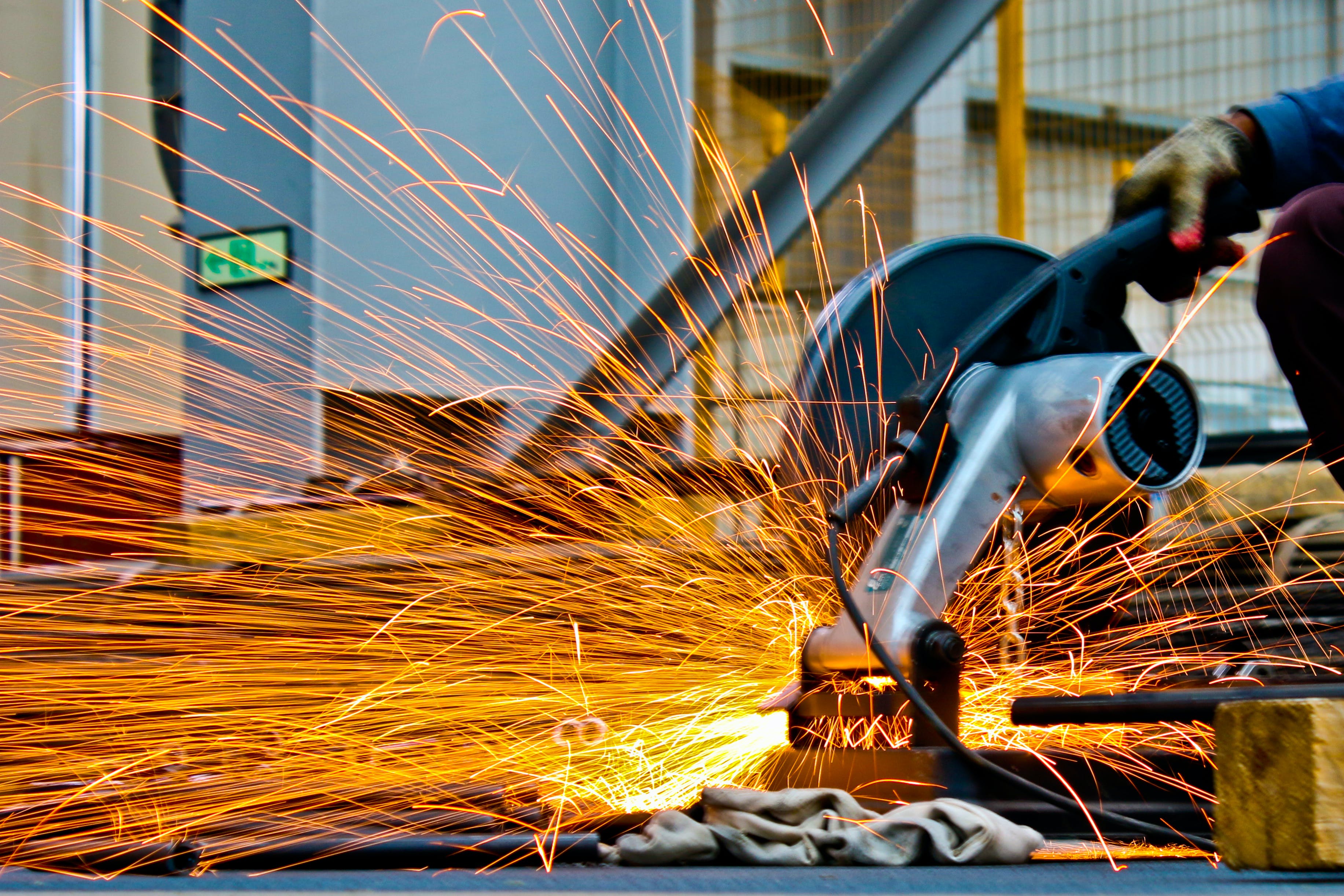In the chemical industry, there are many types of liquid chemicals, including acids, alkalis, solvents, viscous liquids and corrosive media. The physical and chemical properties of these chemicals vary greatly. Choosing the right chemical pump is the key to ensuring safe, efficient production and durable equipment. In this article, Anhui Changyu Pump and Valve Manufacturing Co., Ltd. will introduce the various types of chemical pumps and their characteristics suitable for conveying different chemicals (such as nitric acid, hydrochloric acid, sulfuric acid, strong alkali, etc.) to help companies optimize equipment selection.
1.Main classification and characteristics of chemical pumps
Chemical pumps can be divided into the following categories according to their design and scope of application:
Features: Suitable for liquids with low viscosity, no particles or a small amount of particles. Large flow rate and stable operation.
Application: Widely used for conveying water-based chemicals, dilute acids and alkalis.
Magnetic drive pump (magnetic pump)
Features: No mechanical seal, completely avoid leakage, suitable for volatile, flammable or highly corrosive media.
Application: Suitable for conveying strong acids (such as sulfuric acid, hydrochloric acid), strong alkalis, organic solvents, etc.

Gear pump
Features: Suitable for conveying high-viscosity liquids, stable flow rate and strong adaptability.
Application: Used to transport high-viscosity media such as lubricating oil, polymers, resins, asphalt, etc.
Features: It adopts diaphragm design, can be used for highly corrosive or particulate chemicals, and has self-priming ability.
Application: Suitable for transporting complex media such as strong acids, strong alkalis, coatings, mud, etc.
Screw pump
Features: Suitable for transporting high-viscosity, uniform liquids, stable operation and low noise.
Application: Used to transport viscous liquids, emulsions and certain special chemicals.
Features: It has self-priming function and is suitable for extracting media with low liquid level.
Application: Used in sewage treatment, solvent transportation and other occasions.
2. Select chemical pumps according to chemical characteristics
Acidic chemicals (such as sulfuric acid, hydrochloric acid, phosphoric acid)
Challenge: Acidic media are highly corrosive and have extremely high requirements for pump body materials.
Recommended pump type:
Magnetic pump: Use corrosion-resistant materials such as fluoroplastics and stainless steel to avoid leakage and corrosion.
Diaphragm pump: The diaphragm material can be selected from Teflon (PTFE), which is resistant to strong acids.
Chemical centrifugal pump: Use alloy or highly corrosion-resistant materials.

Alkaline chemicals (such as sodium hydroxide, ammonia)
Challenge: Strong alkaline media are corrosive to the pump body and seals, and alkali-resistant materials must be selected.
Recommended pump type:
Magnetic pump: alkali-resistant design to avoid contact leakage.
Diaphragm pump: suitable for conveying medium and high concentration alkali liquid.
Organic solvents (such as toluene, acetone, ethanol)
Challenge: Solvents are volatile and flammable, have high requirements for sealing, and have a dissolving effect.
Recommended pump type:
Magnetic pump: no mechanical seal, eliminate the risk of leakage.
Stainless steel gear pump: used for high viscosity solvent delivery.
Chemical self-priming pump: used for low liquid level solvent delivery.
High viscosity chemicals (such as resins, polymers, greases)
Challenge: High viscosity, poor fluidity, ordinary pumps are prone to clogging or low efficiency.
Recommended pump type:
Screw pump: stable delivery of high viscosity liquids, strong adaptability.
Gear pump: suitable for constant flow, high viscosity media.
Medium containing solid particles (such as mud, suspension, coating)
Challenge: Solid particles may cause wear or clogging of the pump body.
Recommended pump type:
Diaphragm pump: suitable for media with high solid content and strong wear resistance.
Slurry pump: specially designed for conveying high-concentration granular media.

High-temperature chemicals (such as hot oil, molten sulfur)
Challenge: High temperature places high demands on the heat resistance of pump body materials and seals.
Recommended pump type:
High-temperature resistant centrifugal pump: made of heat-resistant alloy materials, suitable for high-temperature fluids.
Gear pump: suitable for high-temperature oil transportation to avoid failures caused by thermal expansion.
